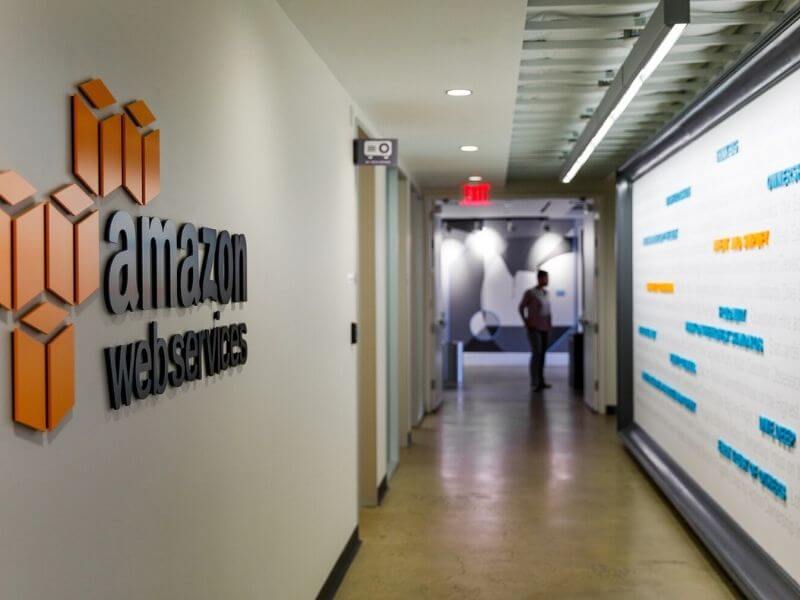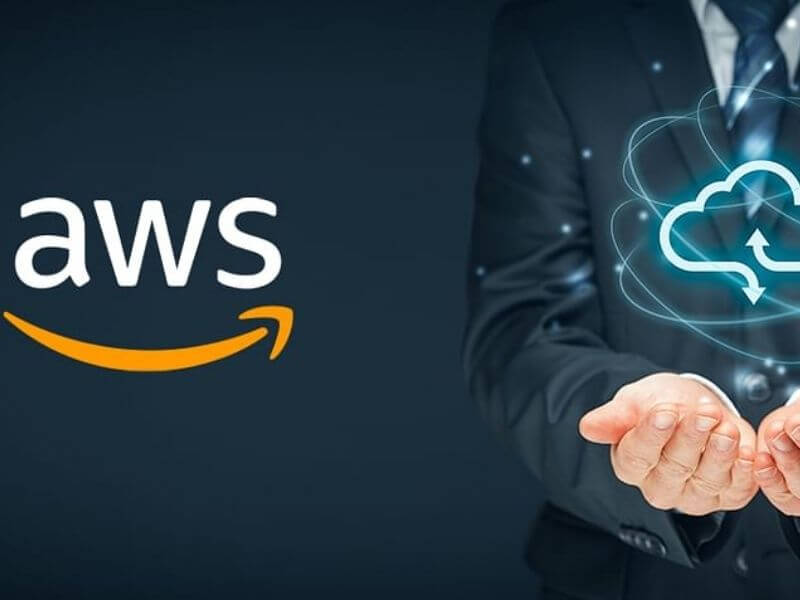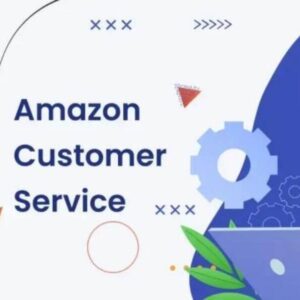What is AWS Amazon? AWS stands for Amazon Web Services, it needs no formal introduction, given its immense popularity. The leading cloud provider in the marketplace is Amazon Web Services. It provides over 170 AWS services to the developers so they can access them from anywhere at the time of need.
AWS has customers in over 190 countries worldwide, including 5000 ed-tech institutions and 2000 government organizations. Many companies like ESPN, Adobe, Twitter, Netflix, Facebook, BBC, etc., use AWS services.
For example, Adobe creates and updates software without depending upon the IT teams. It uses its services by offering multi-terabyte operating environments for its clients. By deploying its services with Amazon services, Adobe integrated and operated its software in a simple manner.
Now, before getting started with what is AWS, let us first give you a brief description of what cloud computing is.
What is AWS Amazon?
AWS Meaning: The Amazon Web Services (AWS) platform provides more than 200 fully featured services from data centers located all over the world, and is the world’s most comprehensive cloud platform.
Amazon web service is an online platform that provides scalable and cost-effective cloud computing solutions.
AWS is a broadly adopted cloud platform that offers several on-demand operations like compute power, database storage, content delivery, etc., to help corporates scale and grow.
How Does it Work?
That was all about what is AWS. Next, let’s have a look at the history.

AWS infrastructure and technology
AWS operates globally in what are called regions — 25 in all spread across six continents. Each region consists of multiple availability zones. And these are the physical data centers where computers live and are geographically separated to reduce the likelihood of a local disaster taking out a whole region.
Additionally, there are over 200 edge locations scattered around the world as part of AWS’s content delivery network (CDN).
In addition to the publicly available regions, there are a few special regions. Two regions are designated for use by those working in and for the U.S. government so-called AWS GovCloud. There are also two regions in China, which are operated by local qualified companies in accordance with Chinese law and regulations. All of these regions’ availability zones and edge locations are tied together through AWS’s private high-speed fiber-optic network.
AWS has even invented its own proprietary hardware to make its network faster and more robust. And chances are you’re already using the AWS network. If you use Netflix, Twitch, Hulu, Reddit, or Slack, all are AWS customers.
So, what are the pros and cons of using AWS? And how does AWS stack up to Microsoft Azure and Google Cloud (GCP)? Let’s dig in.
Abundant Services and Technology
AWS provides such a wide variety of services that almost any use-case fits right in. Services range from the basic storage and compute all the way to the more specialized niche services like streaming media, robotics, and even quantum computing. They even have a service that lets you control your fleet of space satellites, should you have a need for that.
In addition to the usual disaster recovery and remote data center use cases, organizations are increasingly leveraging AWS as an investment in machine learning and data analytics to help them make sense out of all their data.
Many organizations have gone all-in, moving their entire IT operations into AWS and have realized great gains in agility, efficiency, and reliability. Now, obviously, we’ve just scratched the surface here and if you’d like to dig in a little deeper into that next layer, we have some great resources.

AWS cons and weaknesses
As far as downsides, when you’re as big as Amazon, you’re bound to step on some toes. Many retail companies view Amazon as a direct competitor and simply can’t bring themselves to give their rival any money whatsoever.
(Imagine if you’re doing business with Walmart. They’re likely not going to be eager to give you money if it means giving money to Amazon. This is one of the reasons many companies who have customers that may view Amazon as a competitor take a multi-cloud approach.)
This will probably get even more complicated as Amazon expands its reach into other industries.
Additionally, while AWS does not charge you to put your data into their cloud, you do have to pay a little bit to get that data back out. These are called “egress charges.” It’s not very much given the potential value, but it is something to note.
Curious about how various aspects of different cloud providers compare to AWS’s offerings? We have overviews comparing serverless, NoSQL databases, IAM services, and virtual machines (VMs).
Want to get started with AWS?
If you’re just getting started with AWS, I recommend our Introduction to AWS course to get a good baseline. (Bonus: it’s currently one of our free cloud courses.) If you want some further guidance on ramping up your AWS knowledge — or wondering which AWS certification is right for you — we have you covered there too.
Our curated learning paths guide you from novice to guru across six different specialized career tracks:
- AWS Architect
- AWS Developer
- AWS Data
- AWS DevOps
- AWS Security
- AWS Executive Track
As I mentioned before, AWS releases new services and features all the time, and we have content to keep you updated there as well: AWS This Week and AWS Service Spotlight are free and a great way to stay on top of all things AWS.
What are the benefits of AWS?
AWS comes with a user-friendly programming model, database, and architecture. It is a cost-effective service with no long-term commitments for the services you purchase. It allows hybrid computing and fast installation/uninstallation of applications in any location within minutes. It comes with extra flexibility and security in addition to reasonable rates compared to other private cloud servers.
What is the difference between AWS and Google cloud?
Google Cloud is a complete suite of public cloud computing services and resources by Google. Contrastingly, AWS is a secure cloud service managed and developed by Amazon. While Google Cloud provides Google Cloud Storage, AWS grants Amazon Simple Storage Services.

Above is information about What is AWS Amazon? What are the benefits of AWS? that we have compiled. Hopefully, through the above content, you have a more detailed understanding of AWS Amazon. Thank you for reading our post.








